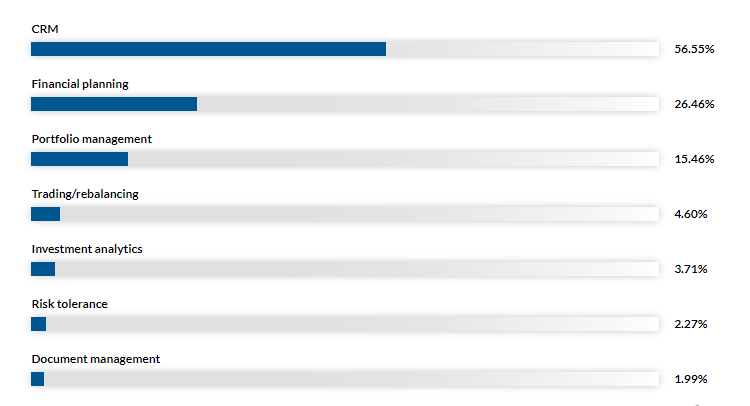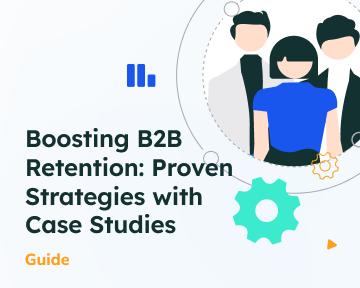You’ve probably encountered the term “data-driven decision-making” in conversations about modern business and digital marketing. Our blogpost aims to break down this concept, moving beyond the buzzword to help you understand how it can truly improve and streamline your decision-making processes.
Traditional decision-making methods that are often based on intuition or limited data can be risky and lead to less predictable outcomes. Embracing a data-driven approach can help you navigate these challenges with precision and confidence and often eliminate worries around new activities.
Types of Decision-Making in Business
1. Intuitive Decision-Making
2. Analytical Decision-Making
3. Data-Driven Decision-Making
Advantages of Data-Driven Decision-Making
1. Enhanced Accuracy
2. Improved Efficiency
3. Better Resource Allocation
4. Increased Customer Satisfaction
5. Informed Strategic Planning
Getting Started with Data-Driven Decision-Making
1. Marketing Automation Tools
2. Leverage CRM Systems
3. Define Key Metrics
4. Foster a Data-Driven Culture
5. Continuously Analyse and Optimise
What's next?
Our team at “Lead Gen and CRM” serves businesses that want to digitise their sales and marketing operations by providing powerful software and ensuring that your team can use it to its full potential. “Lead Gen and CRM” tool lets you collect the data for your data-driven decision-making via tracking data of the users activity, centralising it and reflecting it to you into easy to read reports. Moreover, it enables scaled outreach to your database of potential and current customers no matter how big it is. With “Lead Gen and CRM” you also can be sure that you will be able to maintain personalised marketing communication while scaling up with no loss in quality. Contact us now to learn how CRM and Marketing Automation can support right now and in the future.ut also position your business for sustained success in a competitive market.






